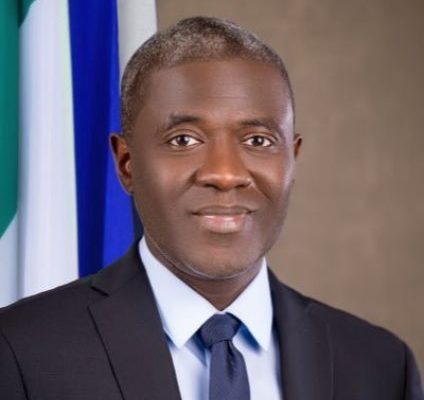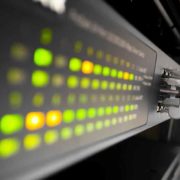Nigeria boasts a young, tech-savvy population exploring the benefits of digital technologies, fuelled by rapidly expanding internet access and a steady broadband penetration rate of about 43%. This digital economy is set to grow significantly, enhancing various sectors and benefiting the nation through improved connectivity and digital skills.
RELATED: NCC hosts public inquiry to tackle emerging telecom challenges and opportunities
The global pace of digital transformation has accelerated, especially during the Covid-19 pandemic, with remote work and virtual collaboration tools becoming essential. E-commerce and online retail have revolutionized consumer behavior, while Artificial Intelligence (AI) and the Internet of Things (IoT) are enhancing education, healthcare, public services, and energy management.
Central to this transformation is telecommunications infrastructure, providing universal, affordable, reliable, and fast services that are increasingly seen as social rights. Mobile networks and data centers form the backbone of digital transformation, enabling large-scale data processing and integration of digital technologies.
President Bola Ahmed Tinubu’s Renewed Hope Agenda focuses on supporting youth and women by harnessing emerging sectors like the digital economy. The Honourable Minister of Communications, Innovation, and Digital Economy, Dr. Bosun Tijani, has unveiled a blueprint titled “Accelerating our Collective Prosperity through Technical Efficiency,” aiming to boost Nigeria’s economic growth through digital innovation.
Dr. Tijani’s Strategic Agenda for 2023-2027 sets ambitious targets, including a 50% improvement in Quality of Service (QoS) by the end of 2024, increasing broadband penetration to 70% by 2025, achieving data download speeds of 25Mbps in urban areas and 10Mbps in rural areas by 2025, and providing coverage for at least 80% of the population by 2026. The agenda also aims to reduce the rural connectivity gap from 61% to less than 20% by 2027 and secure a 300-500% increase in broadband investment by the end of 2027.
Dr. Aminu Maida, Executive Vice Chairman and CEO of the Nigerian Communications Commission (NCC), has outlined three Strategic Focus Areas: Consumers, the Industry and Licensees, and the Government. His approach aims to balance the unique perspectives and expectations of each stakeholder group while delivering on President Tinubu’s Renewed Hope Agenda.
For consumers, Dr. Maida emphasizes enhancing the Quality of Experience, ensuring seamless service from selection to off-boarding. To address complaints about data depletion, the NCC has directed Mobile Network Operators (MNOs) to audit their billing systems and simplify tariff plans for greater transparency.
On the industry side, Dr. Maida focuses on creating a resilient sector and enhancing regulatory services. He has tackled industry debt issues, advocated for telecom infrastructure to be designated as Critical National Infrastructure, and successfully persuaded several states to waive Right of Way (RoW) fees. The NCC is also engaging with the Presidential Committee on Fiscal Policy and Tax Reforms to address multiple taxation in the telecom sector.
The Commission is updating its regulatory instruments and licensing frameworks to align with current realities, including incorporating Key Performance Indicators (KPIs) for 5G and other critical participants in Quality of Service regulations.
By achieving these goals, the NCC supports the ministry’s vision of boosting economic growth and productivity through technological innovation, fulfilling the promise of Renewed Hope for all Nigerians.





























